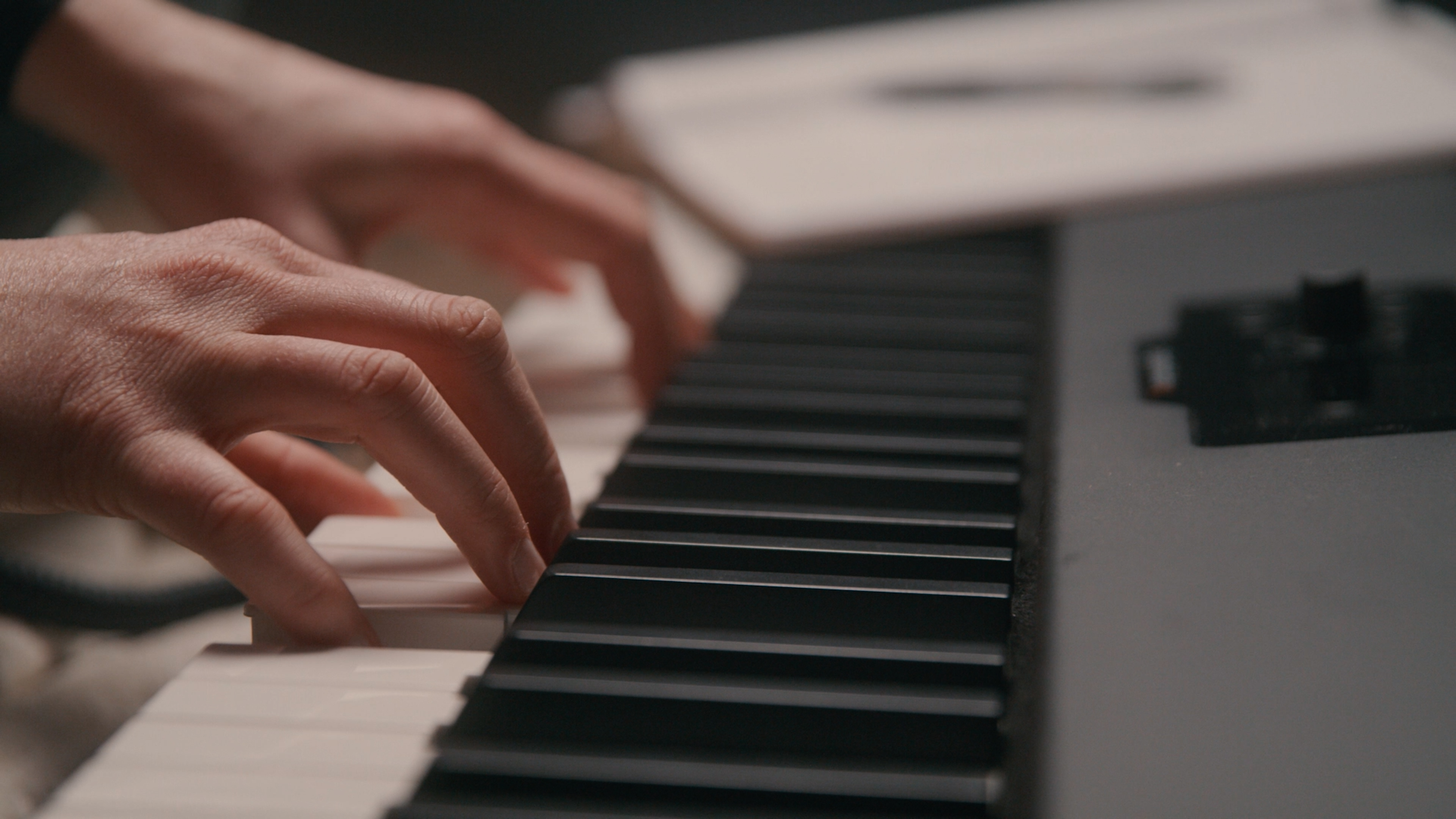
Hiring A Composer Vs. Using Stock Music
There are basically two ways to get that music: either hiring a composer, or licensing pre-existing music from a stock website.
Continue ReadingBy Kevin Graham
Most filmmakers use stock music for their edits these days. But there are times when it makes more sense to hire a composer.
I’ve had the unique dual experience of both hiring composers for my own video projects, and working as a composer on other people’s films. And I’ve used this experience and knowledge to develop these critical tips for anyone new to the world of custom music.
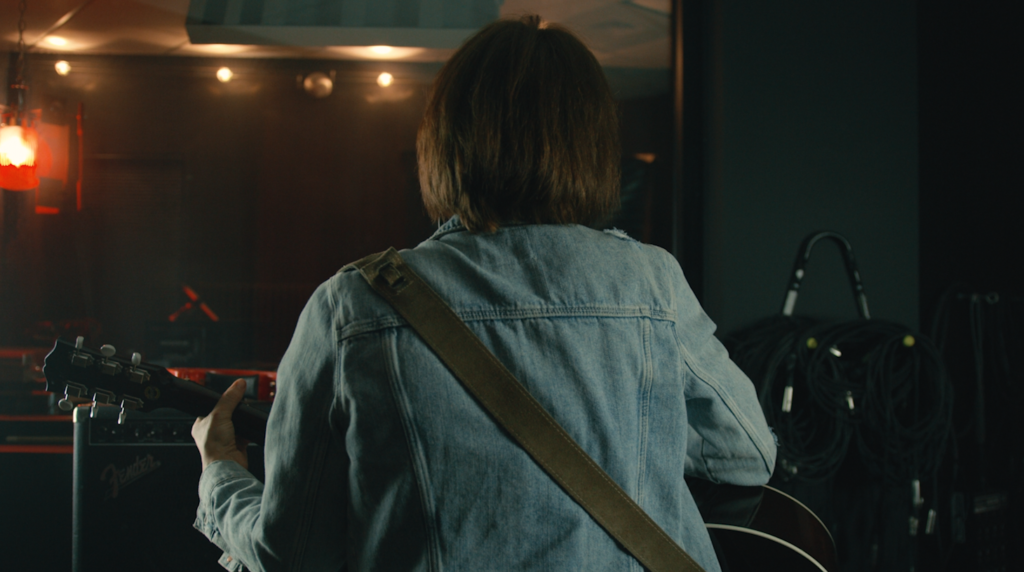
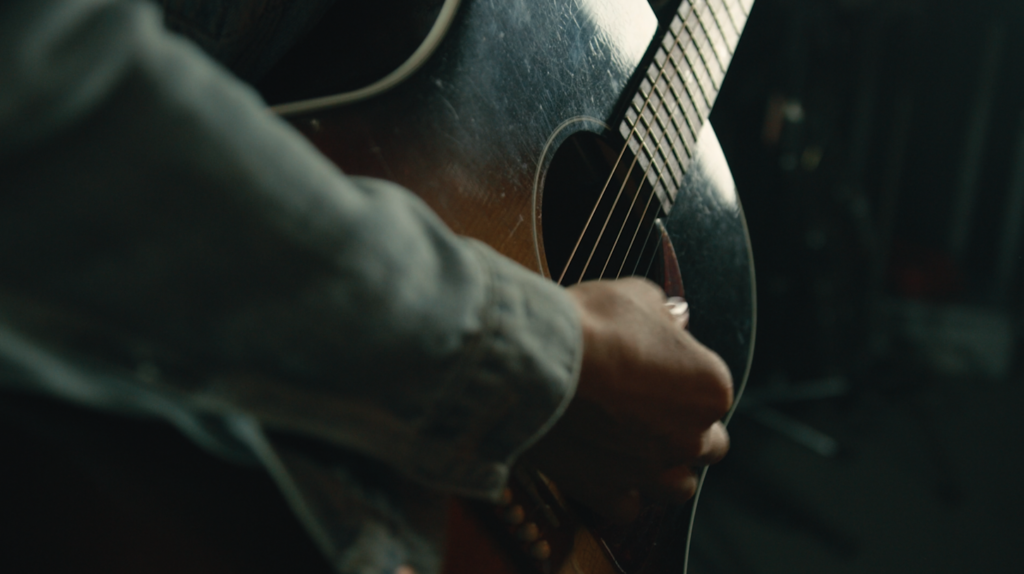
In the world of custom music, words can be very, very subjective. Say you’ve got an idea of how you want your video’s music to sound, and you’d describe it as “happy and uplifting”.
Well, your composer may have a much, much different idea of what “happy and uplifting” sounds like.
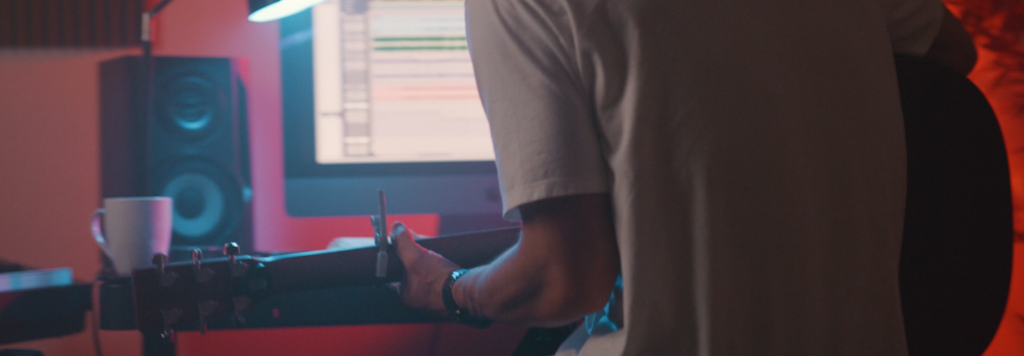
This is why it’s extremely important to provide some tangible reference tracks to your composer, and let them know specifically what you like about each one. These references can be anything from stock music songs to Top 40 hits, anything that helps paint a sonic picture of what you’re after.
If you’re able to provide information such as “I like the instruments they used in this, but not the drums”, or “I like the way this track builds”, you’ll be setting yourself and your composer up for success and minimal revisions.
Bringing your composer into the project as early as possible is a great way to learn the process if you’re new to the custom music workflow.
Your composer will be able to give you advice and insight as to how their music might fit in your edit, and they might even offer creative input if you’re struggling to come up with music ideas.
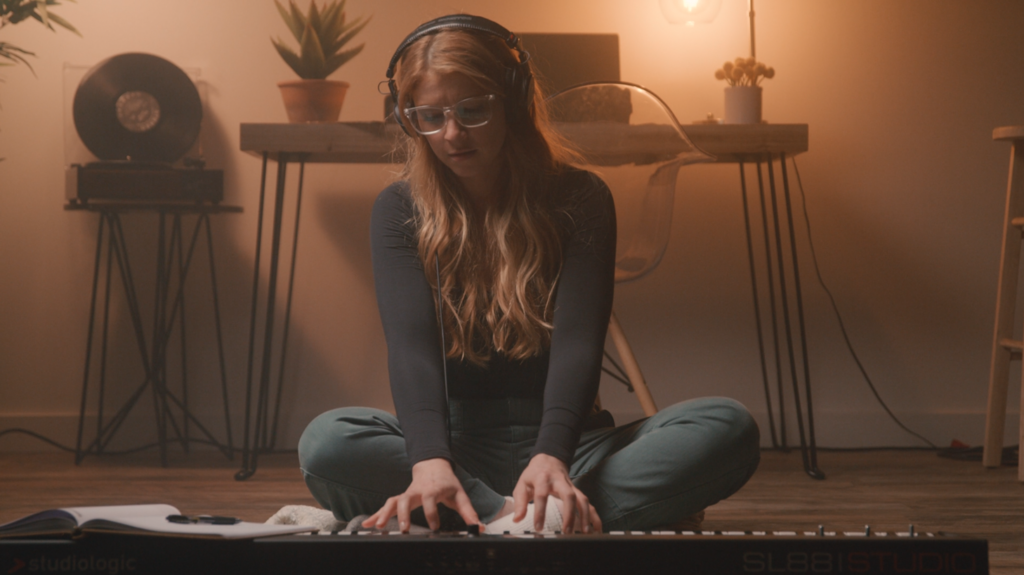
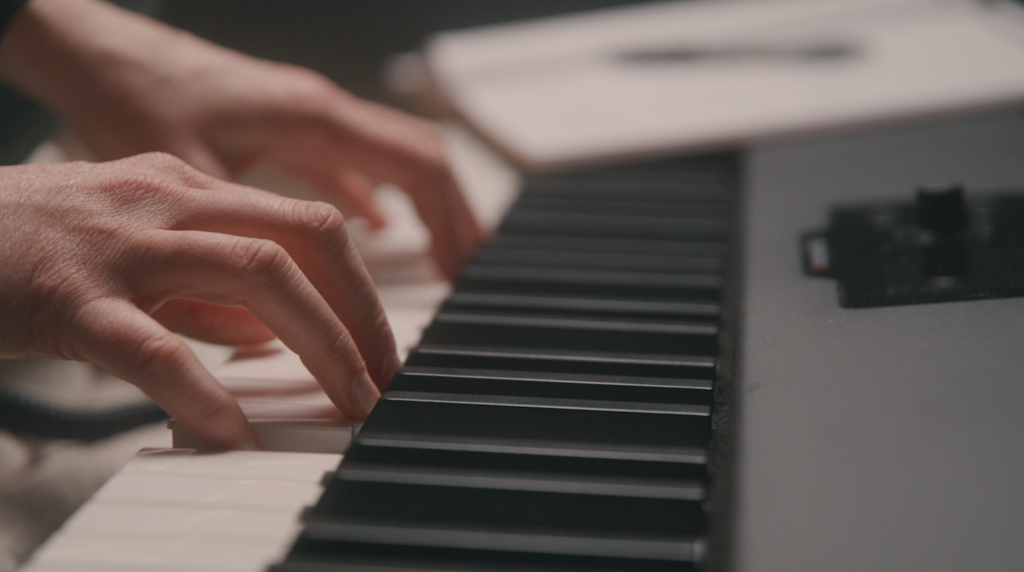
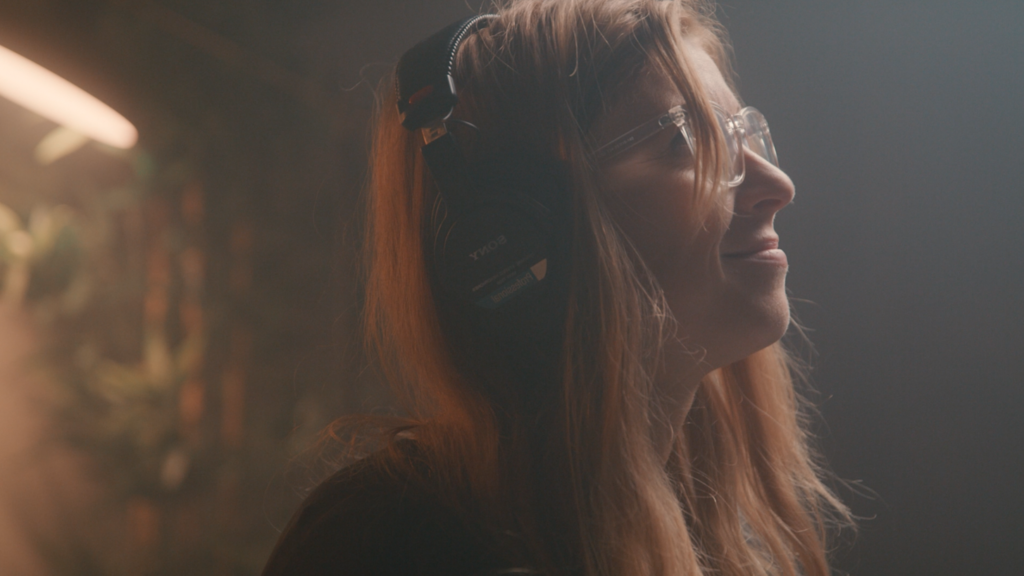
On feature films, it’s common for the director to sit with the composer for a “spotting session”, in which they both watch the film and decide where the music should go, and what role it should play.
But for any project, the earlier your composer is involved, the better their music will match your visuals.
“Tempitis”, “Temp Love”, Scratch Track Fever”. No matter what you call it, the subconscious tendency to be drawn to your temp music is very real.
Temp music is music that you place into your edit that later gets replaced with the custom score. This can be to help you edit, or just to see how music affects the mood of your video.

But it is critical to realize that this temp music is meant to be temporary. Your composer may get close, but they can’t re-create your scratch track.
When “Tempitis” hits, you may not like anything else besides your temp music – including what your composer is sending you.
It’s natural to feel connected to the first music that you associate with your footage, but the more you remind yourself why you hired a composer in the first place – to create a custom, unique score – the easier it will be to throw that scratch track in the trash when the time comes.
Before any work gets done, it’s important to hash out the details of the gig with your composer. How many screen minutes of music are required? Who gets ownership and royalties? When will the composer be compensated? What are the deadlines?
The last thing you need is for one of these things to create a conflict in the middle of your project.
This is why it’s helpful to have a clear Scope of Work laid out in writing, so there are no surprises for either side. Many composers even have their own legal contracts that they will send you before beginning.
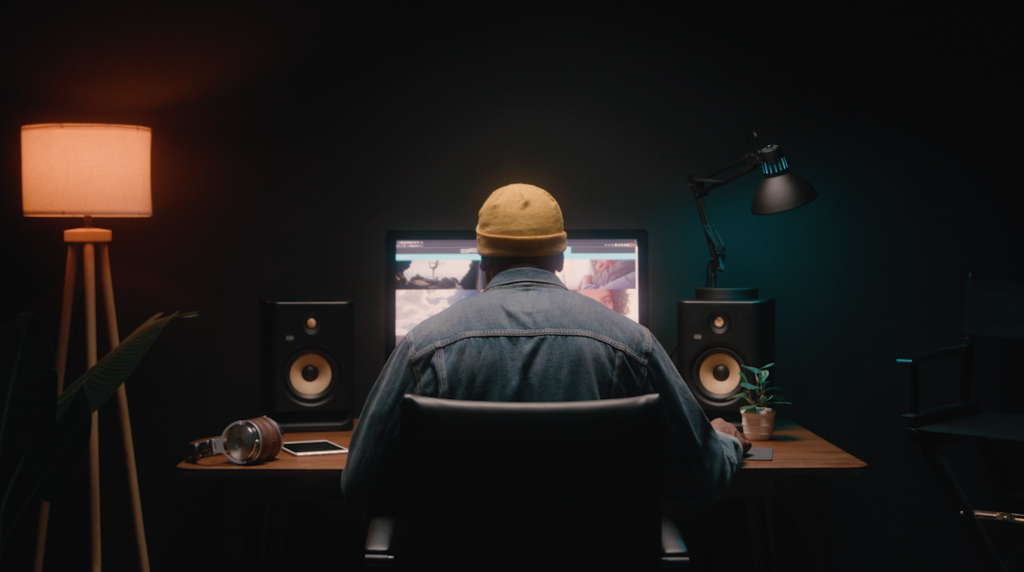
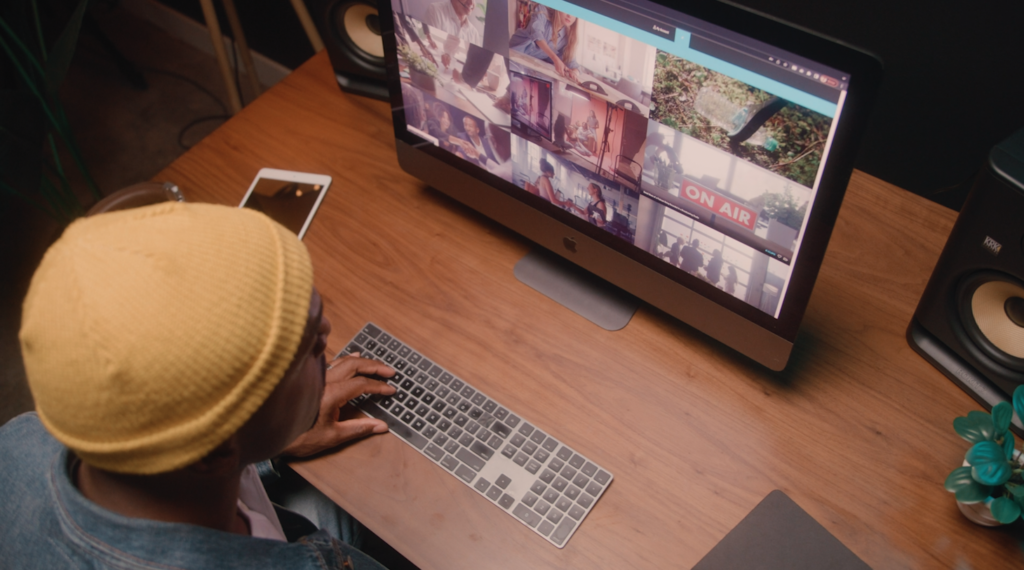
Hiring a composer is an exciting decision that can take your video to the next level. And if you keep these 4 tips in mind, the process will go smoother and the music will turn out better.
Need custom music for your project? Get in touch with me directly at kevin@filmpac.com.

There are basically two ways to get that music: either hiring a composer, or licensing pre-existing music from a stock website.
Continue Reading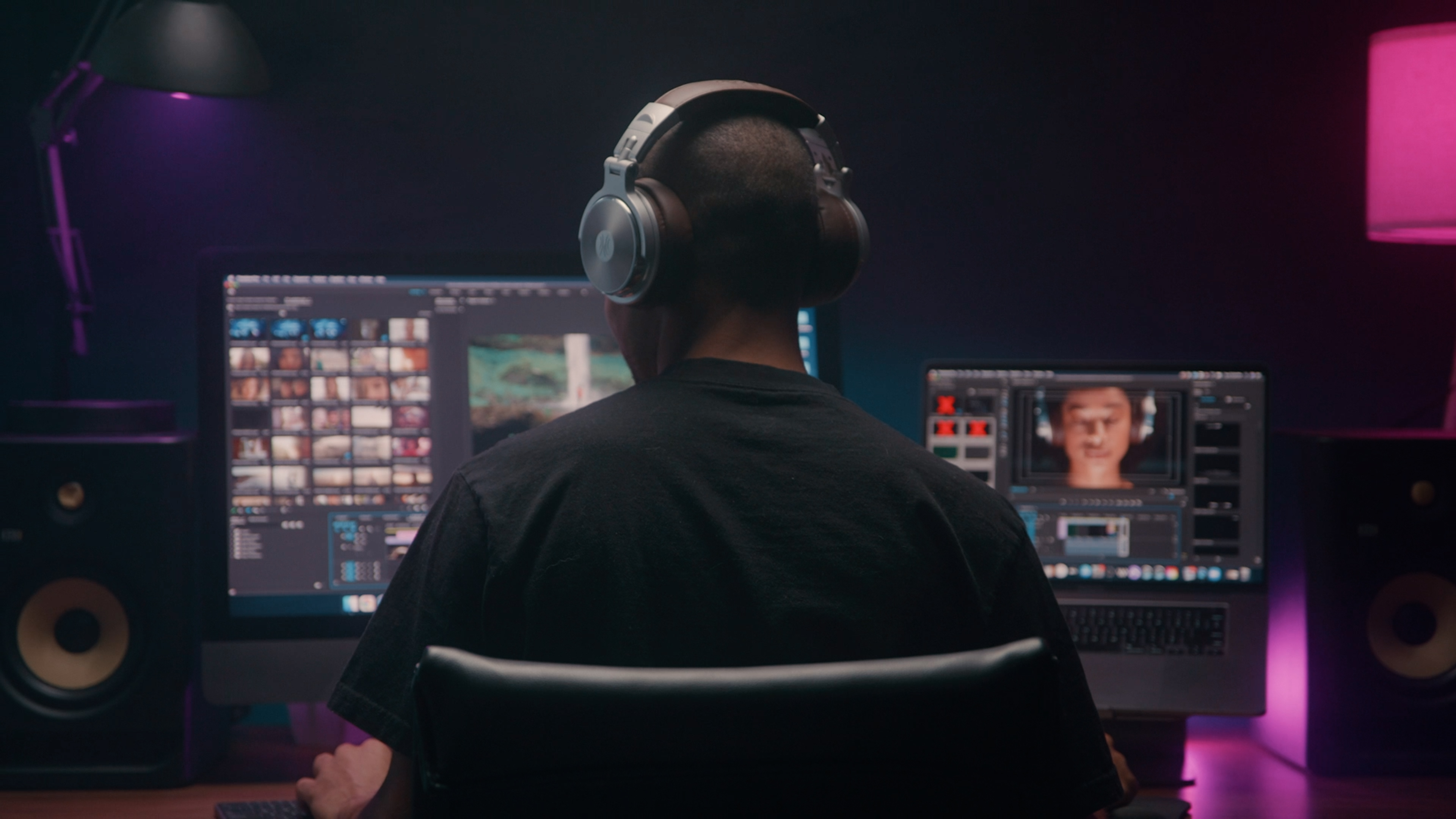
An audio limiter is a great tool to help you control your video’s loudness. We explain when and how to use one here.
Continue Reading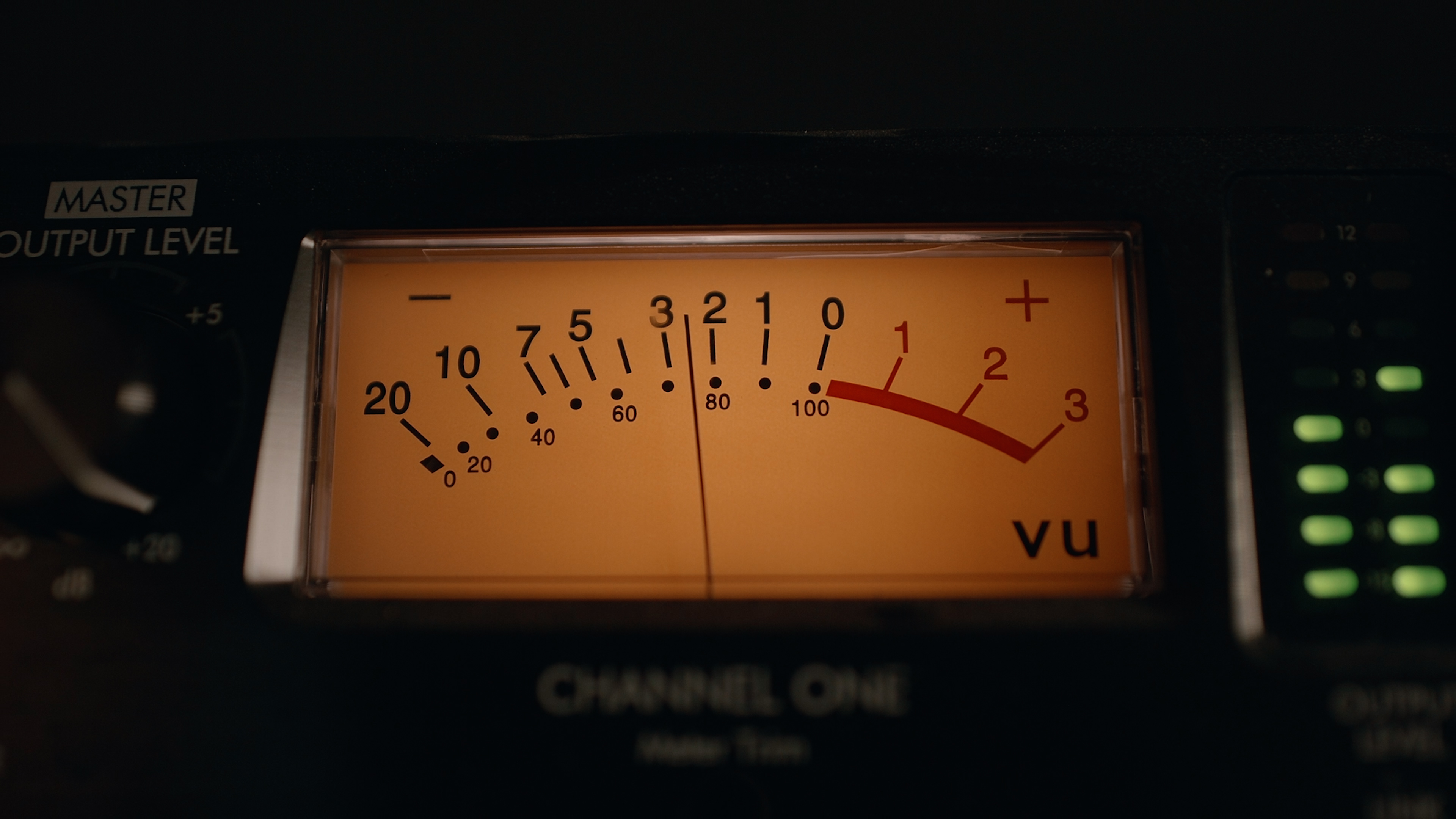
One of the most useful audio effects in video post production is compression. This article explains what it is and when to use it.
Continue Reading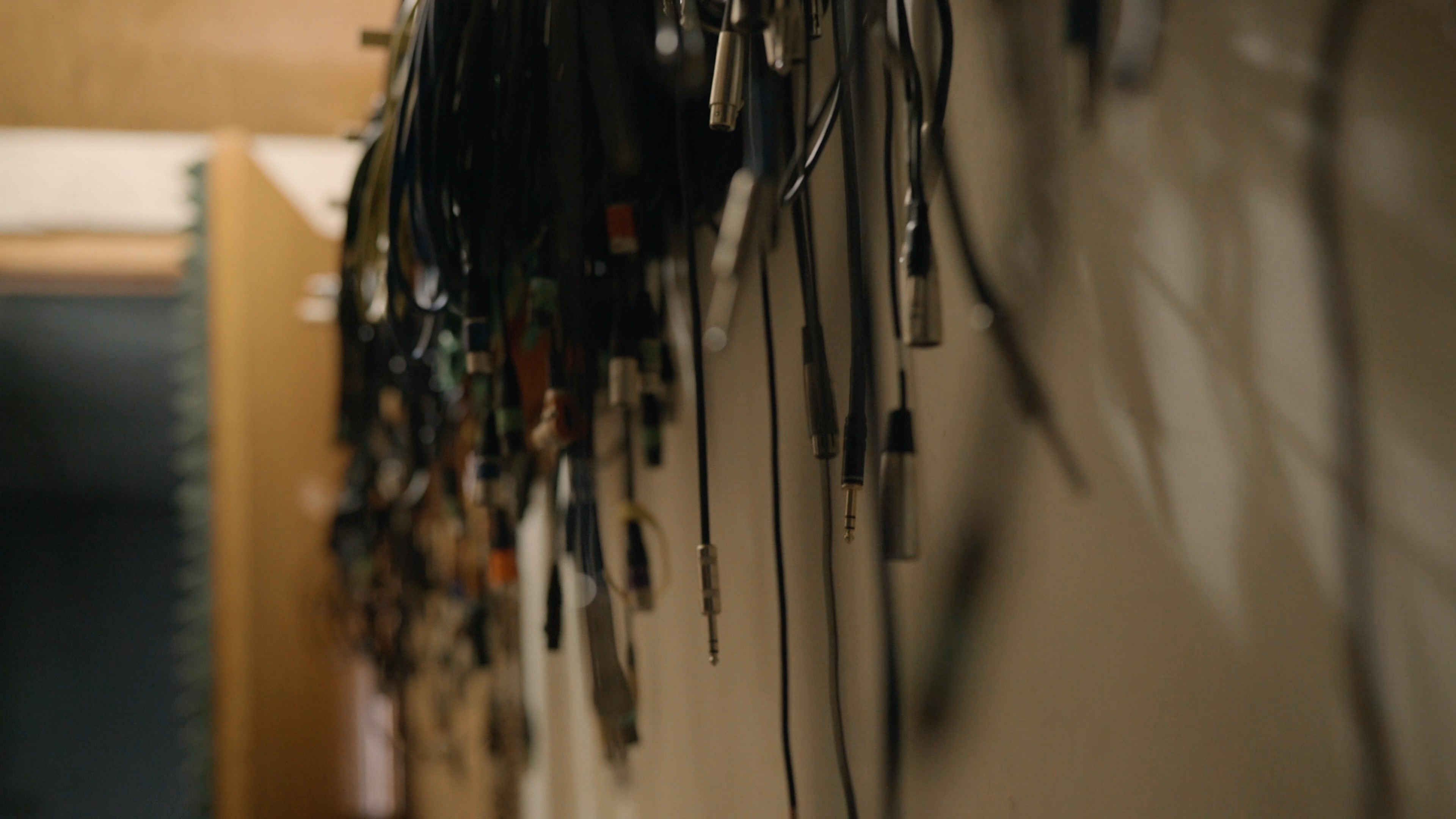
Most filmmakers have seen or used equipment on set that requires 48 volts of phantom power. But what does this term actually mean?
Continue Reading
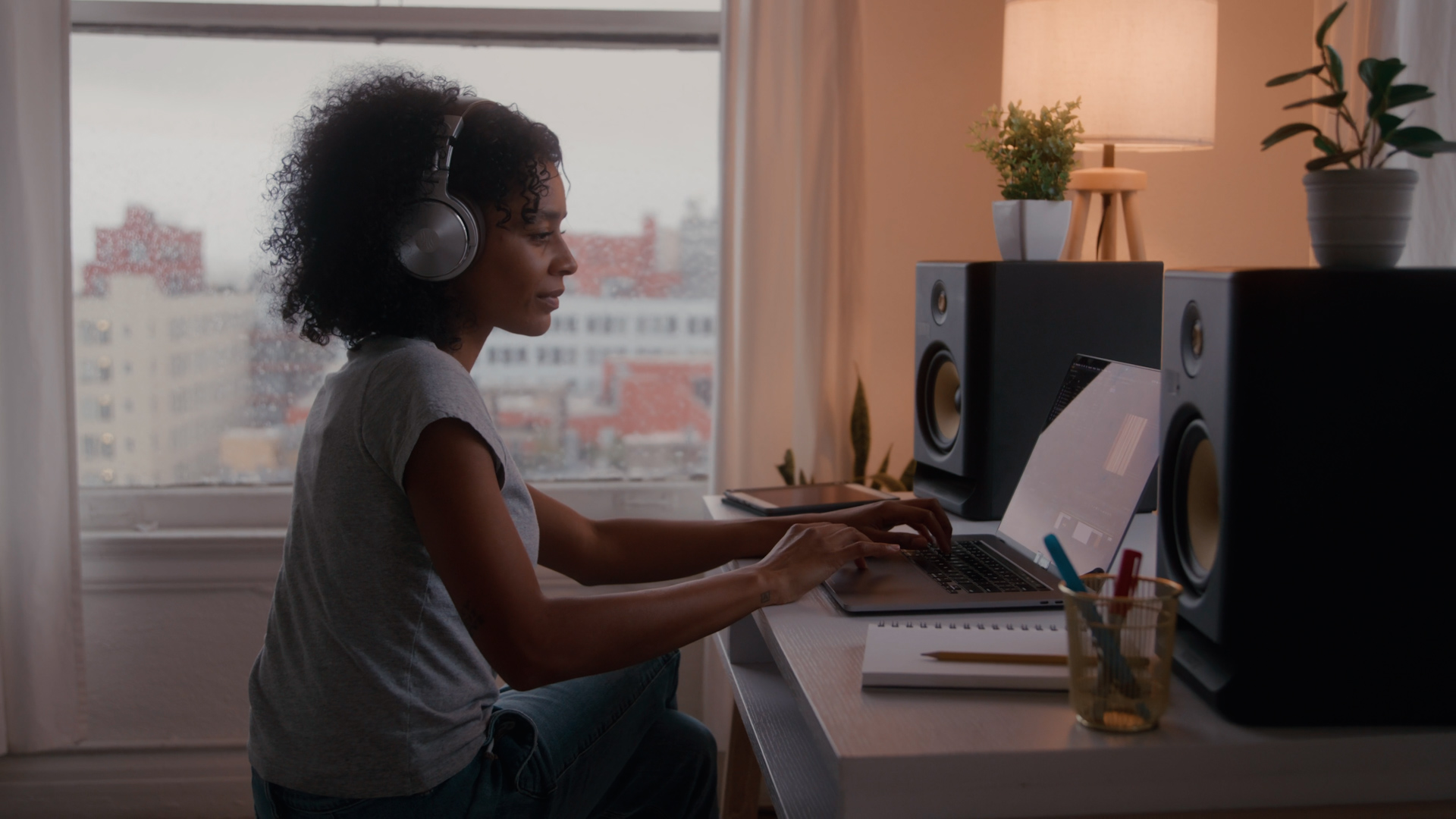
One of the most difficult parts of being a professional filmmaker is effectively managing and budgeting your time.
Continue Reading
Want to make money selling footage through a major stock footage platform like Filmpac? This page will walk you through the processs.
Continue Reading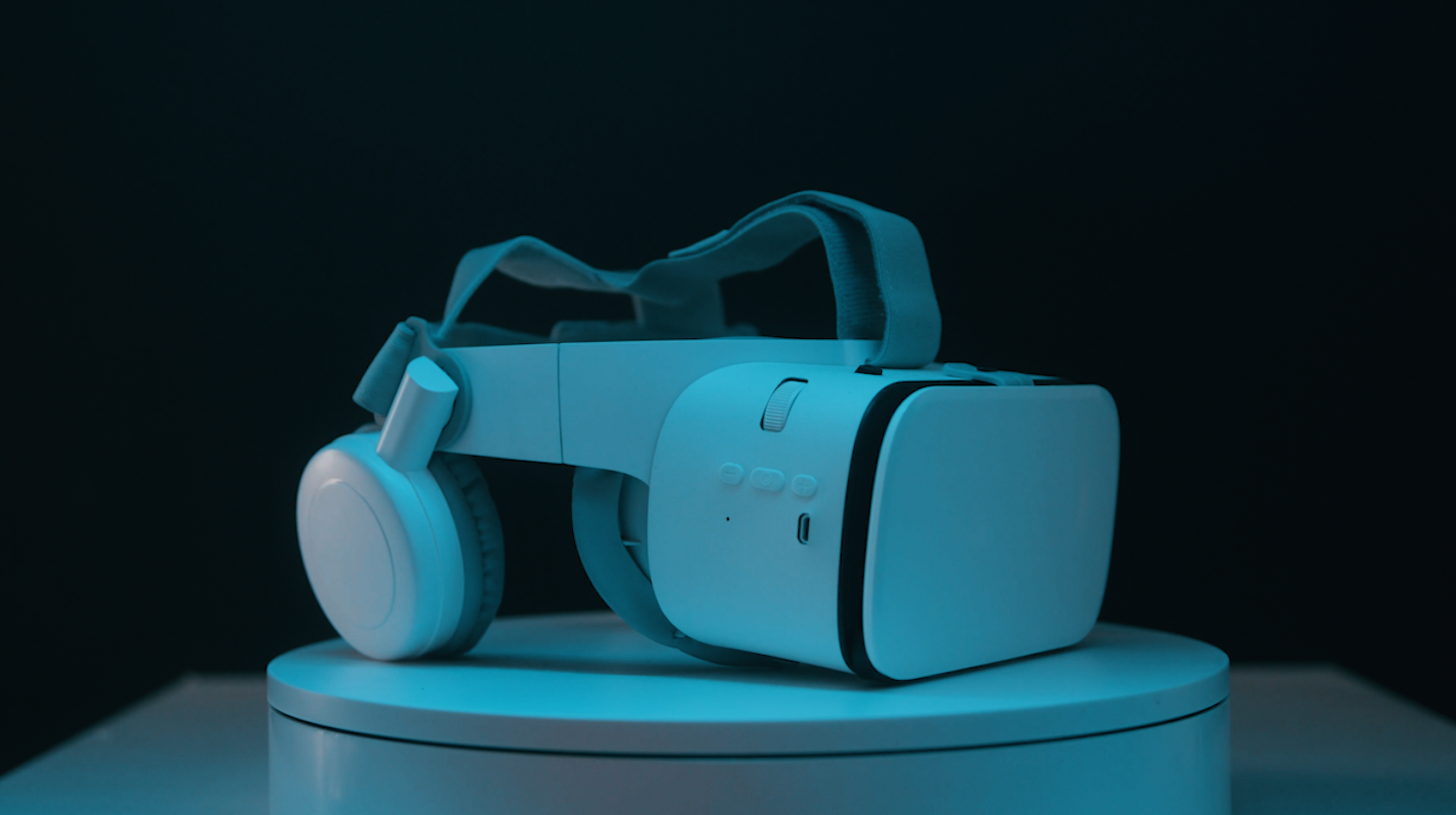
Virtual reality could be the biggest shift in the way we consume our content since the proliferation of the smartphone.
Continue Reading